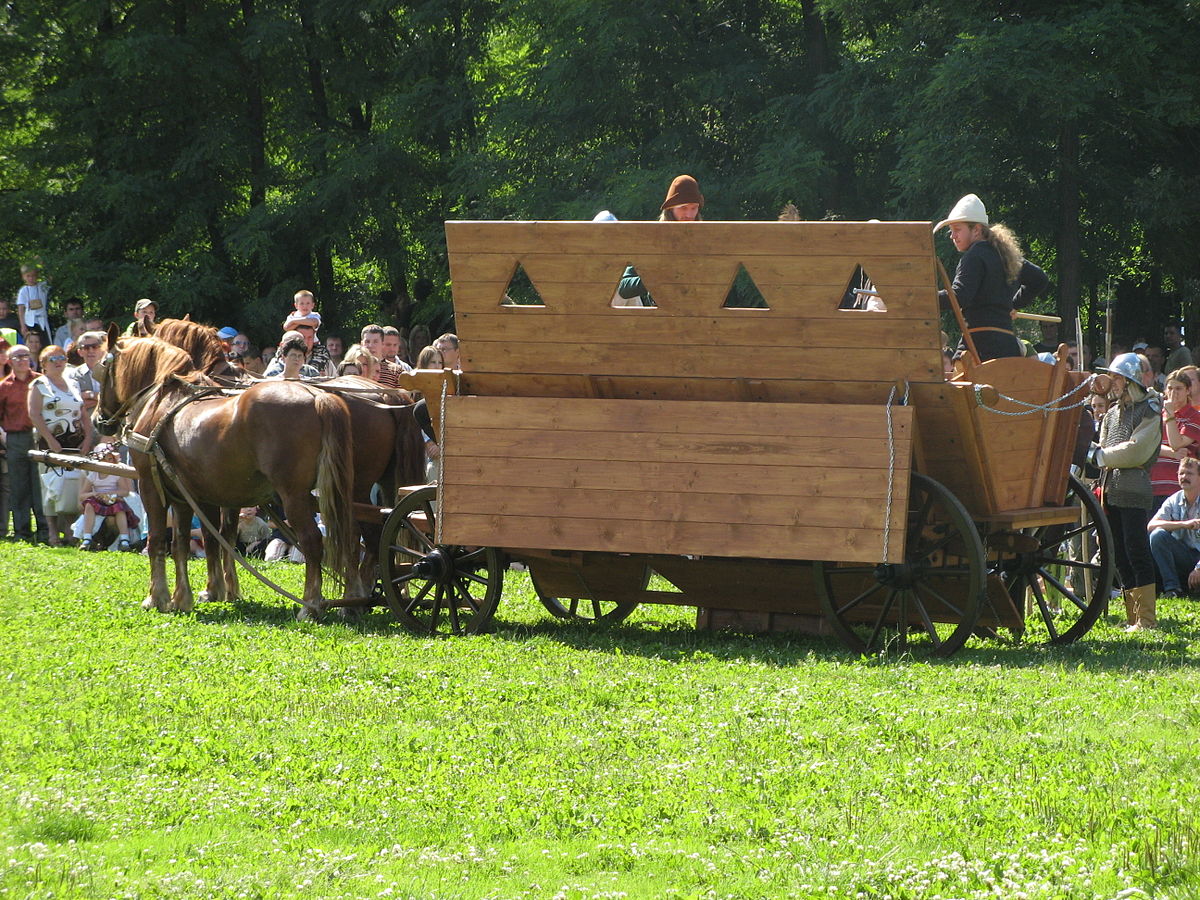AmandaBarbarian
Explorer
World Building Question 3 Science, Alchemy and Civilization
So I asked for general DM advise, because hello I am new to Dming. However I would like to start a series of specific posts asking about different parts of world building. This isn't a plus thread per say, but if you think I should not world build that is not very helpful.
Also Warning, I ramble when I am excited even in text.
(if you want to see part 1 https://www.enworld.org/threads/world-building-commerce-and-gold.698360/ if your want to see part 2 https://www.enworld.org/threads/world-building-army-building.698375/ and there is a part 2b someone else spun off https://www.enworld.org/threads/wor...-in-military-application.698390/#post-9051859 )
Okay, so wind up to question 3: Should you use historical models for your D&D world, or does magic throw that off?
Civilization and society in the real world has progressed in one way in the real world. The base PHB doesn't really follow any 1 time period and that is before we talk about magic and Alchemy. So there is a push to make magic=tech and as such bring about modern ways to do things. In part 2 we looked at that in war, but what about everything other than war?
Weapons, and armor are what most people think of, but book press is my first go to right now in my world building. If there are or are not printing presses changes the world, or in my case the kingdom (I plan on it being not used in my main kingdom that is evil but to have them in free good places PC can find maybe). My next thought was Communication. Cyber bullying with skywrite already made me feel scared, but message and sending along with strategically placed sending stones can give some level of long range communication.
How hard would it be to make a magic Iphone? I mean no we don't have one in D&D that I know of but a way to send messages pictures and short clips to each other changes the world, using illusions and divination along with sending and message those things can be made.
Then there is transport. I am using a lot of stargate, so I started by thinking about teleport circles linking things around the world and/or kingdom.
Now so far I have talked about tech, but let's be honest some magic is WAY beyond our tech. The really old version of trek had the red head doctor wave a light stick over wounds to close them. If that isn't a wand of cure wounds I don't know what is.
That is before Alchemy. In one of the other threads I talked about the spider silk my DM uses from drow, but I am sure not magic but not real but kind of real modern stuff can be made with some alchemy.
So I asked for general DM advise, because hello I am new to Dming. However I would like to start a series of specific posts asking about different parts of world building. This isn't a plus thread per say, but if you think I should not world build that is not very helpful.
Also Warning, I ramble when I am excited even in text.
(if you want to see part 1 https://www.enworld.org/threads/world-building-commerce-and-gold.698360/ if your want to see part 2 https://www.enworld.org/threads/world-building-army-building.698375/ and there is a part 2b someone else spun off https://www.enworld.org/threads/wor...-in-military-application.698390/#post-9051859 )
Okay, so wind up to question 3: Should you use historical models for your D&D world, or does magic throw that off?
Civilization and society in the real world has progressed in one way in the real world. The base PHB doesn't really follow any 1 time period and that is before we talk about magic and Alchemy. So there is a push to make magic=tech and as such bring about modern ways to do things. In part 2 we looked at that in war, but what about everything other than war?
Weapons, and armor are what most people think of, but book press is my first go to right now in my world building. If there are or are not printing presses changes the world, or in my case the kingdom (I plan on it being not used in my main kingdom that is evil but to have them in free good places PC can find maybe). My next thought was Communication. Cyber bullying with skywrite already made me feel scared, but message and sending along with strategically placed sending stones can give some level of long range communication.
How hard would it be to make a magic Iphone? I mean no we don't have one in D&D that I know of but a way to send messages pictures and short clips to each other changes the world, using illusions and divination along with sending and message those things can be made.
Then there is transport. I am using a lot of stargate, so I started by thinking about teleport circles linking things around the world and/or kingdom.
Now so far I have talked about tech, but let's be honest some magic is WAY beyond our tech. The really old version of trek had the red head doctor wave a light stick over wounds to close them. If that isn't a wand of cure wounds I don't know what is.
That is before Alchemy. In one of the other threads I talked about the spider silk my DM uses from drow, but I am sure not magic but not real but kind of real modern stuff can be made with some alchemy.



